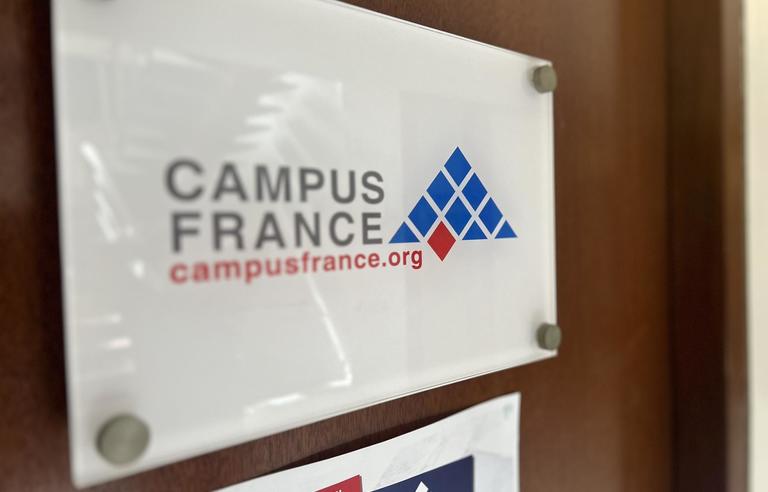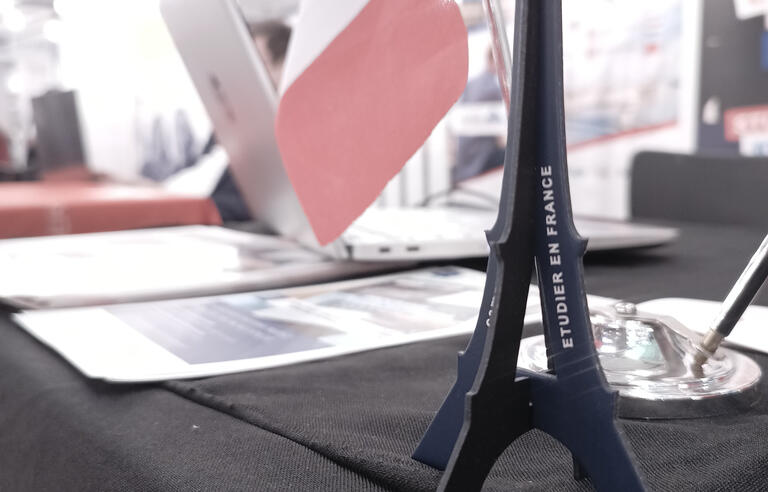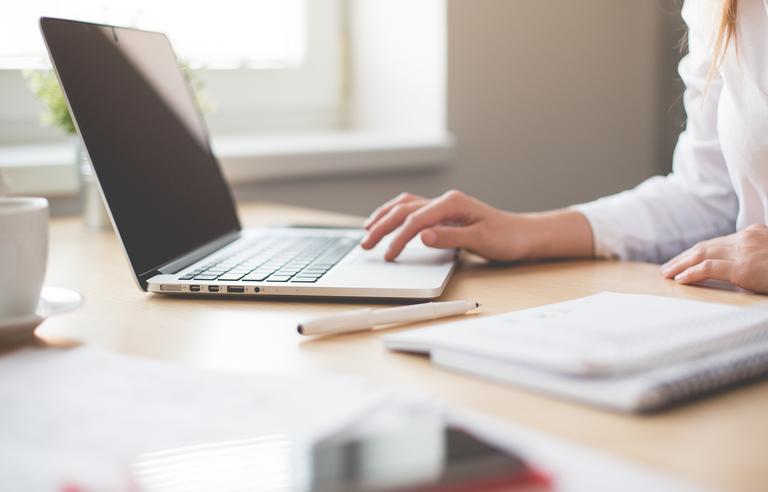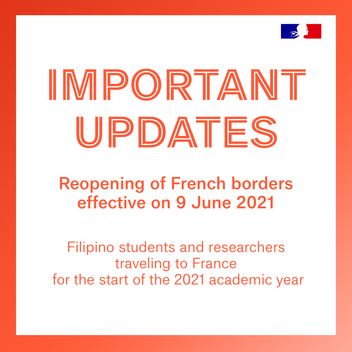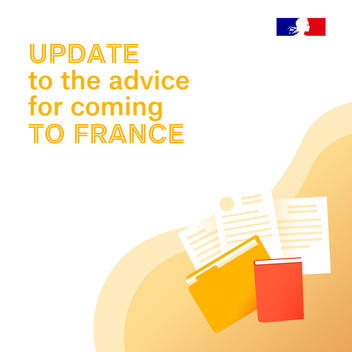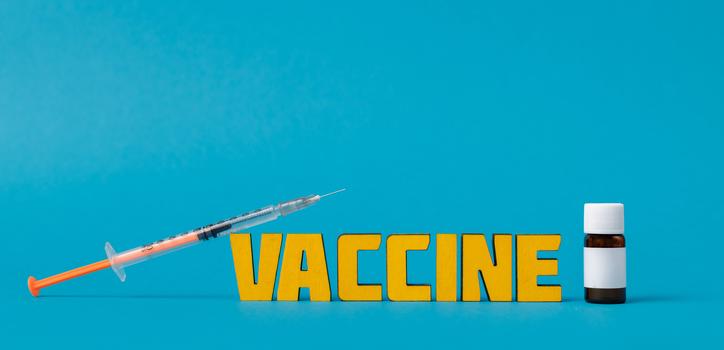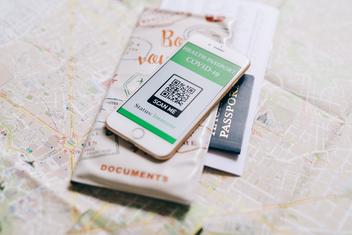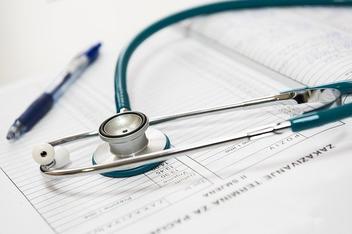Make sure to take care of yourself during your studies in France!
Students of all nationalities are able to benefit from the same services for health and well-being throughout their stay.
This section also contains the latest information on Covid-19.
Last update: 11 Oct 2021
COVID-19 information
From the French Government
Source: https://www.gouvernement.fr/info-coronavirus
Available information (in French, English)
- Comprehensive data on the disease
- Consequences on health and daily life
- Best practices and safety measures
- Government actions that have been taken to help the public
- Information on testing and vaccinations
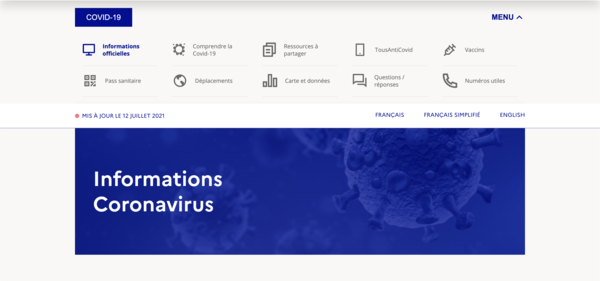
To keep yourself and others safe, it's important to familiarize yourself with the current health and safety measures in France and to follow them.
Covid testing and screening
There is an interactive map of authorized laboratories and testing centers can be found on the website of the French Ministry of Solidarity and Health ➜ https://sante.fr/recherche/trouver/DepistageCovid
- Type your city or postal code in the search bar at the top of the page to show the labs and centers in your location
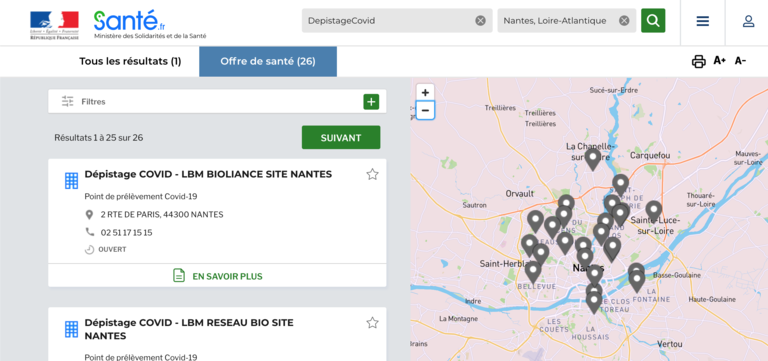
Vaccinations
The vaccines that are accepted in France are those which are recognized by the European Medicines Agency (EMA): AstraZeneca, Johnson & Johnson, Moderna, Pfizer-BioNTech.
Being part of the national social security plan (securité sociale) and healthcare system (assurance maladie) is free and mandatory for international students and researchers who are enrolled in French higher education institutions. This allows them to have the opportunity to be vaccinated if they choose to.
There is a directory of locations per department where vaccinations are administered on the website of the French Ministry of Solidarity and Health ➜ https://www.sante.fr/cf/centres-vaccination-covid.html
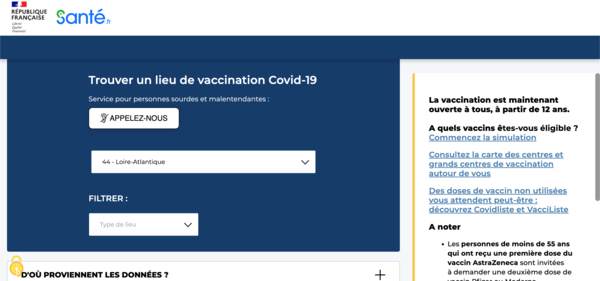
Additional information for those who have already been vaccinated outside France
Is the vaccine you received abroad approved in France? Can you obtain a COVID certificate/health pass (pass sanitaire) with it? These depend on the vaccine type/brand you received.
The French Ministry of Solidarity and Health explains the different possible cases – depending on your situation, your vaccination program may be considered as complete, or you may need a new shot, or a new set or shots.
- You have received a vaccine accepted in France
- You received another vaccine: a) A vaccine approved by the WHO; b) A different vaccine
Click on the bloc below 👇 for additional information and guidelines.
« Pass sanitaire » — Health pass
This is the the digital (via the TousAntiCovid application) or the paper presentation of one's proof of health, related to Covid-19:
- vaccination (completed dose/s)
- a negative test result, taken at least 48 hours prior, for access to certain places and events
- RT-PCR test or a antigen test that attests to one's recovery from Covid-19 (that is at least 11 days old and less than 6 months old)
The pass makes it possible to reopen and resume activities that bring together a large number of people, and also to facilitate travel and border crossings. The complete list of places and situations where the pass sanitaire is required (and will be required in the coming months), is available on the website below.
For complete information (in French) ➜ https://www.gouvernement.fr/info-coronavirus/pass-sanitaire
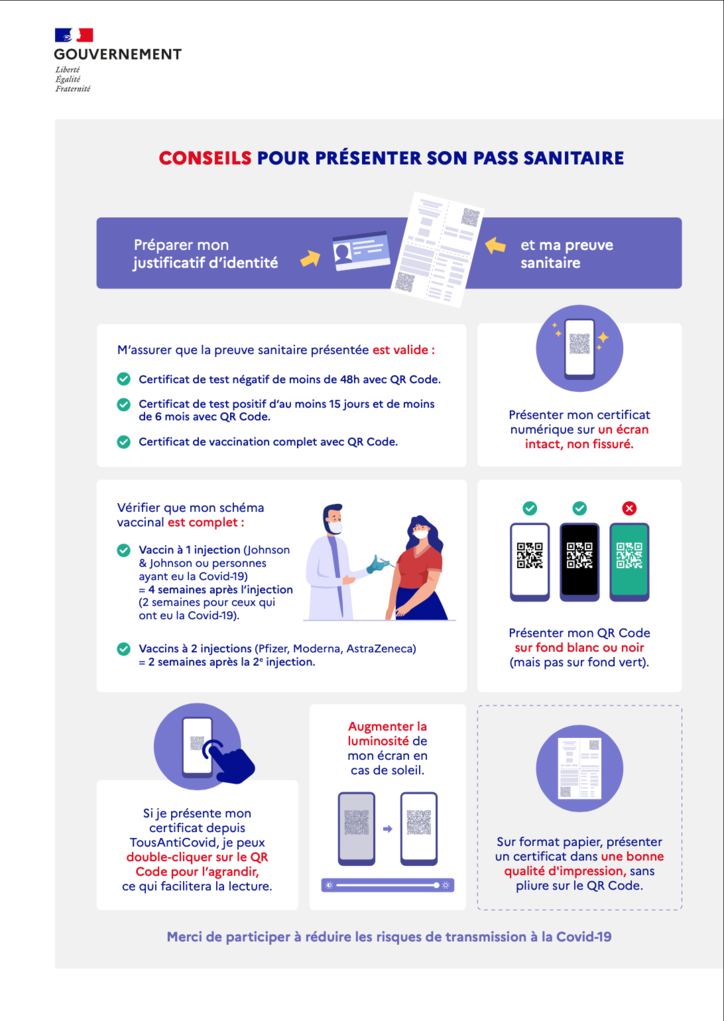
Health and safety overview
Did you know?
France is one of the few countries that include international students in its national social security plan (for free!)
What should I do when I’m sick?
If it is nothing serious, you can go to your local pharmacy (pharmacie) and ask the pharmacist (pharmacien-ne) for advice (conseil)
- They can tell you which medicines to buy or if you need to visit a doctor
- Some medicines for common illnesses (headache, fever, stomach ache, light painkillers, etc.) can be bought over the counter and without a prescription needed.
- These are called un médicament en vente libre/médicament de comptoir/médicament OTC

For more serious ailments, you will need to set an appointment with a doctor (médecin), who will diagnose you and provide a prescription (ordonnance).
- Presenting the prescription will allow you to buy the necessary medicines at the pharmacy
💡Tips💡
- Before leaving — if you are taking some prescription medication, ask your doctor in the Philippines to write you a prescription (and have it translated to French by the Alliance française de Manille), and bring this with you to France so you will be able to get them there
- You may ask the help of your higher education institution in selecting a doctor who is used to having international students/patients
- Don't forget to present your social security number (numéro de sécurité sociale) and bring your health insurance card (carte Vitale) when going to the pharmacy and visiting the doctor so your expenses will be covered
Emergency numbers
These can be accessed through landlines (fixe) or through mobiles (portable):
- 112: the European emergency number
- 15: the SAMU (Service d’Aide Médicale Urgente - Emergency Medical Service)
- 18: the Fire Brigade
- 3624: for a house-call doctor if you are too ill to travel. This service is available 24/7
Additional information
Health services within universities
In universities, there is a health service for students, the Service Universitaire de Médecine Préventive et de Promotion de la Santé (SUMPPS).
You can make an appointment with a health professional there. Some visits are free, including those regarding contraception, testing, vaccinations, nutrition, and psychological monitoring. There you can also ask for contact information for a doctor.
Setting a doctor's appointment
Through the doctolib.fr website (an online directory), you can search for information and make an appointment (face-to-face or online)
Psychological assistance for international students
In France, higher education institutions, the CROUS network, and various associations provide assistance and support to students of all nationalities who are facing psychological challenges.
For detailed information and and resources, please visit the Campus France international website here.






